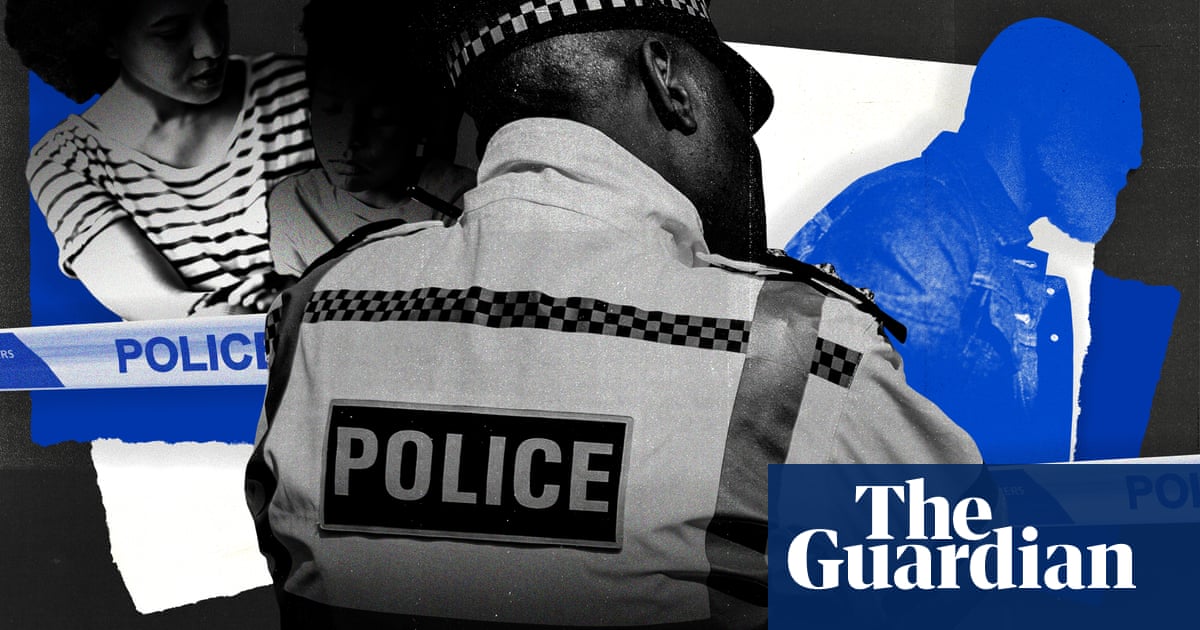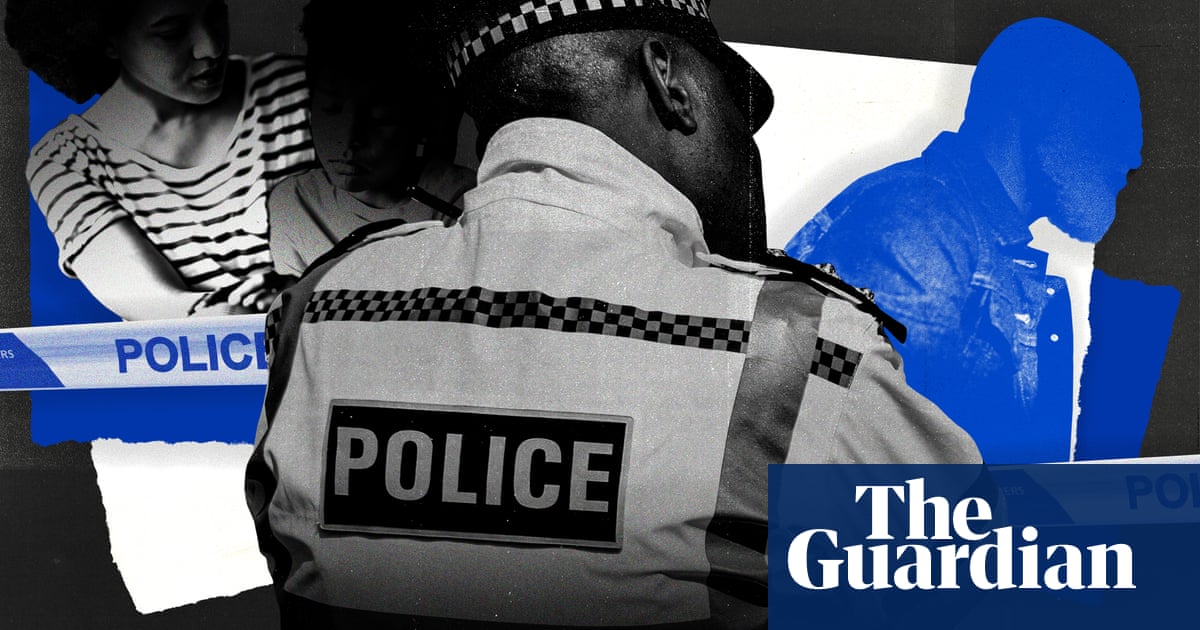
An environmental activist who was deceived into a two-year intimate relationship by an undercover police officer has been awarded £229,000 in compensation after winning a landmark legal case.
Kate Wilson won the compensation after a tribunal ruled in a scathing judgment that police had grossly violated her human rights in five ways.
She pursued a decade-long campaign to discover the truth about how she was deceived into the sexual relationship by the undercover officer, Mark Kennedy, who spent seven years infiltrating environmental groups.
The Investigatory Powers Tribunal (IPT) ordered the Metropolitan police and the National Police Chiefs’ Council (NPCC) to pay a total of £229,471 to Wilson “by way of just satisfaction for the breaches of her human rights”. Such awards by the IPT, which hears allegations of abuse by the state, are rare.
In a ruling last September, three judges in the IPT found that Kennedy had “grossly debased, degraded and humiliated” Wilson by deceiving her into the relationship.
Wilson’s relationship with Kennedy lasted between November 2003 and February 2005. Kennedy did not disclose to her that he was a police officer who had been sent to spy on her and the political groups she supported. She only discovered his real identity in 2010.
Kennedy was part of a covert police operation that spied on more than 1,000 predominantly leftwing and progressive political groups over more than four decades. Many undercover officers deceived women they were spying on into sexual relationships during their covert deployments. These relationships are known to have occurred between the 1970s and 2010.
The three IPT judges ruled that senior officers supervising Kennedy “either knew of the relationship [with Wilson], chose not to know of its existence, or were incompetent and negligent in not following up on the clear and obvious signs” of the relationship.
On Tuesday, Wilson said: “The finding that these operations breached the rights to freedom of expression and assembly and were unlawful amounts to a long overdue recognition that spying on protest movement is political policing and has no place in a democratic society.”
“It is important, because it goes beyond the scandal of undercover officers deceiving women into intimate relationships. Violating our political rights was the entire reason for these deployments and thousands of people will have had their political rights violated in this way.”
The IPT judges praised her “tenacity and perseverance” in pursuing the complaint. She fought a significant portion of the case herself as she could not afford lawyers.
Helen Ball, the Met’s assistant commissioner for professionalism, said: “We recognise the gravity of the judgment in this case, which outlined a series of serious failings that allowed Kennedy to remain deployed on a long-term undercover deployment without the appropriate level of supervision and oversight. This resulted in Ms Wilson’s human rights being breached.”
In recent years, the Met has admitted the undercover officers formed “abusive and deceitful” relationships with at least 12 women, including Wilson, and paid them compensation, after they took legal action in the civil courts. Wilson is the only woman who has so far pursued her case in a different legal arena, the IPT.
The conduct of the undercover officers is being examined in a slow-moving public inquiry which is headed by the retired judge Sir John Mitting. The inquiry, which was set up in 2014, is due to hold its next round of hearings in May.












